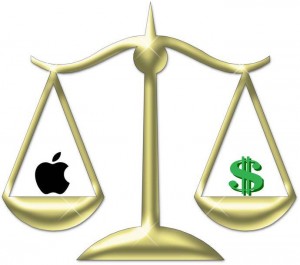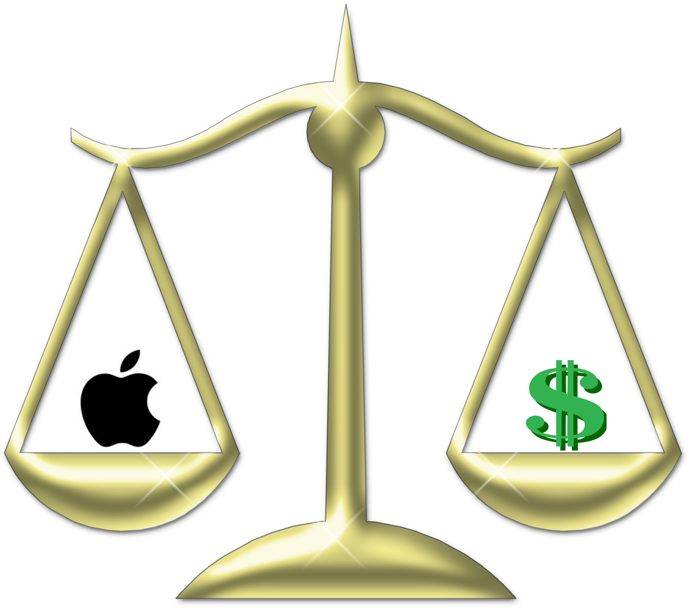A new class action lawsuit alleges that Apple, Google, Intel, and other tech companies have been “conspiring to suppress compensation of their employees.” Among other things, the suit seeks damages for affected employees.

The suit was announced in a public release on Wednesday by the law firm Lief, Cabraser, Heimann & Bernstein. The suit was filed by Siddharth Hariharan, a former software engineer at Lucasfilm, one of the companies named in the suit. Other parties include Adobe, Intuit and Pixar.
Hariharan was quoted as saying “My colleagues at Lucasfilm and I applied our skills, knowledge, and creativity to make the company an industry leader.” Further Hariharan said, “It’s disappointing that, while we were working hard to make terrific products that resulted in enormous profits for Lucasfilm, senior executives of the company cut deals with other premiere high tech companies to eliminate competition and cap pay for skilled employees.”
The suit alleges that the companies agreed to not recruit each other’s employees, and promised to notify involved parties when making an offer to another company’s employee. Also, and perhaps more seriously, the suit claims that the companies agreed to cap pay packaged offered to potential employees at the initial stages.
According to the complaint, the alleged alliance began in 2005 with Lucasfilm and Pixar, and continued until at least 2009 with all defendants in a so-called “no solicitation” agreement. It asserts that the “conspiracy” decreased competition for labor among the competing companies.
Attorney Joseph R. Saveri said: “Competition in the labor market results in better salaries, enhanced career opportunities for employees, and better products for consumers.” He continues, “We estimate that because of reduced competition for their services, compensation for skilled employees at Adobe, Apple, Google, Intel, Intuit, Lucasfilm, and Pixar was reduced by 10 to 15 percent. These companies owe their tremendous successes to the sacrifices and hard work of their employees, and must take responsibility for their misconduct.”
There is some merit at least to the claims, as it was revealed in 2009 that Apple and Google had an agreement against poaching each others’ employees while Eric Schmidt served on Apple’s board. The “gentlemen’s agreement” was said to prevent recruiting of other employees, but workers were free to apply at other companies. It eventually led to a U.S. antitrust probe of both Apple and Google.
Further, An investigation conducted by the U.S. Justice Department found that Ed Colligan, a former chief executive of Palm, rejected an anti-poaching offer allegedly made by Apple co-founder Steve Jobs. In communications obtained, Colligan reportedly told Jobs that his proposal was “likely illegal.” Jobs allegedly responded that he was concerned when Jon Rubinstein, former senior engineering vice president for Apple, was named an executive chairman of Pal. In the correspondence, Jobs reportedly said he was worried that Rubinstein would recruit existing Apple employees.
Personally, I’m not sure what to make of all this, but I will be very interested to find out more, and to hear the outcomes.
[AppleInsider], Image Credit: GadgetFood


